Every school in The Bahamas to receive a donated copy
NASSAU, BAHAMAS — The Bahamas Reef Environmental Educational Foundation (BREEF) and partner Shane Gross Photography are thrilled to release “Bahamas Underwater”, a new hardcover book of stunning images of life underwater in The Bahamas.

Bursting with over 200 vibrant images, the book featuring award-winning photographer Shane Gross captures the intriguing marine life from around The Bahamas while including a selection of personal stories that captivate the reader.
It includes a foreword by world-renowned ocean explorer and advocate Jean-Michel Cousteau and an introduction by BREEF Executive Director Casuarina McKinney-Lambert, recently recognized as one of the “50 people changing the world” by the Explorers Club.
The breathtaking images throughout the book capture everything from sharks and dolphins to octopus and seahorses. Learn about the many fascinating, diverse and often endangered sea creatures that call this island nation home.
The Bahamas is made up of over 700 islands and a whole lot of ocean. From sand and seagrass flats to coral reefs to the deep ocean, The Bahamas has a rich abundance of amazing and extraordinary animals. It is now more important than ever to celebrate these creatures and their habitats as our seas in The Bahamas and worldwide are under increasing threat from myriad sources. If we can learn to love our oceans, we just might be able to save them.
Gross and BREEF are particularly proud to be donating a copy of the book to every school in The Bahamas. Additionally, all funds raised from sales of this book will be used to support the BREEF Sea Camps where children from around the Bahamian archipelago are taught about the ocean and conservation while getting to explore the sea in their own backyard. Each book sold introduces one Bahamian child to the ocean.

McKinney-Lambert said: “Our incredible underwater world is just waiting to be explored. This book opens a window to the vibrant world under the seas that makes The Bahamas so special.
“Award-winning photographer Shane Gross shares inspiring tales of efforts that are underway to protect the incredibly important and endangered species, the beloved places that are under threat and the Bahamian livelihoods that depend on a pristine ocean.
“Funds raised through this book will help sustain BREEF’s continued marine conservation work.”
Gross stated: “I have spent thousands of hours exploring the world under the waves in The Bahamas, trying to capture her beauty with my camera, as impossible as that is. The result is this book, ‘Bahamas Underwater’ — a collection of my favorite images and personal stories.

“I am honored to collaborate with BREEF to make this book available in virtually every school in The Bahamas, with sales funding BREEF Kids Sea Camps and other conservation and education initiatives.”
The book was made possible by the generous support of individual donors and the sponsorship of Rolex through their Perpetual Planet initiative. Rolex supports organizations and initiatives raising environmental awareness and fosters tomorrow’s explorers, scientists and conservationists through grants, and is a key contributor to BREEF’s youth education programmes.


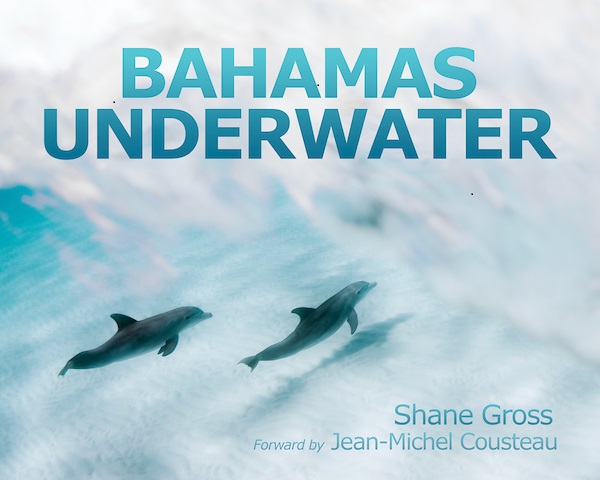
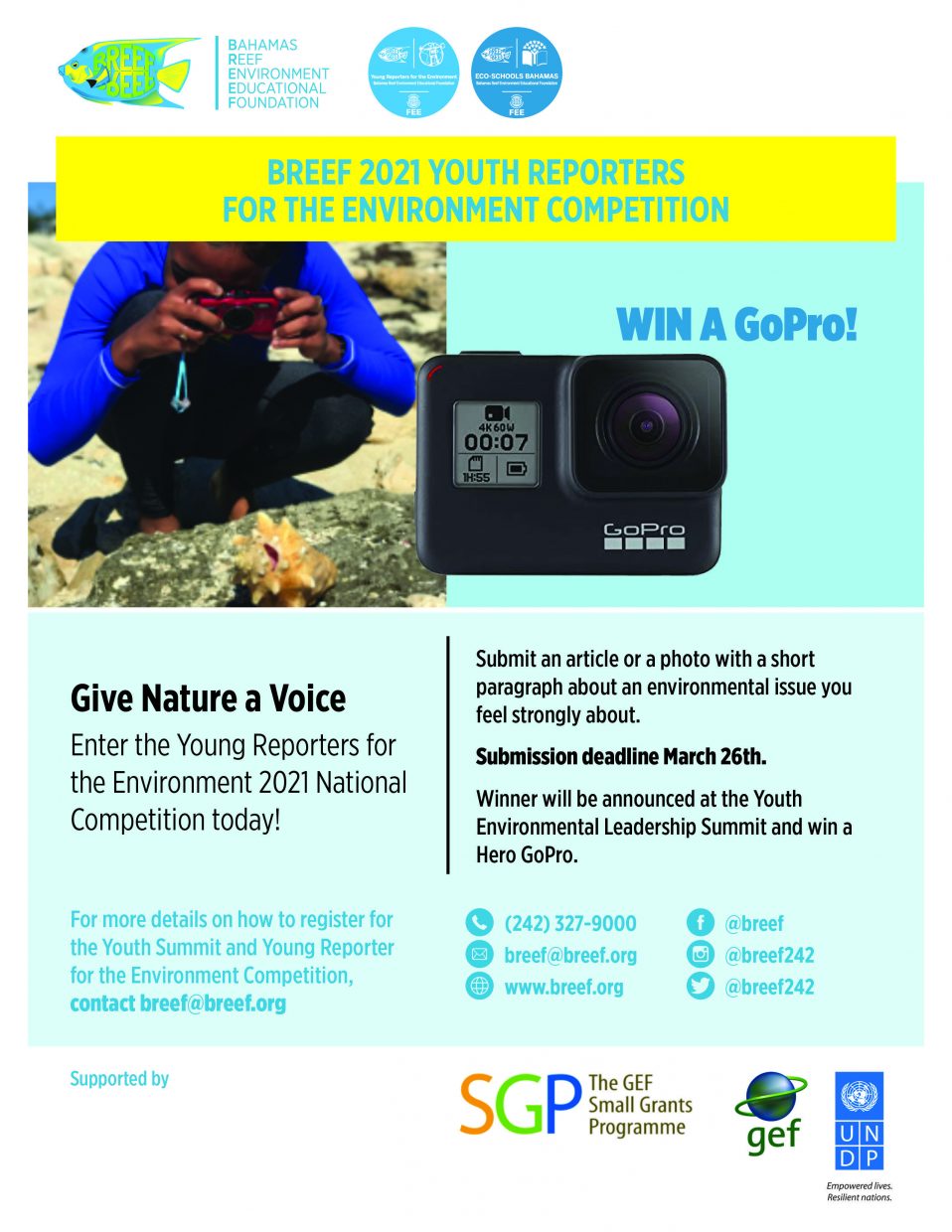
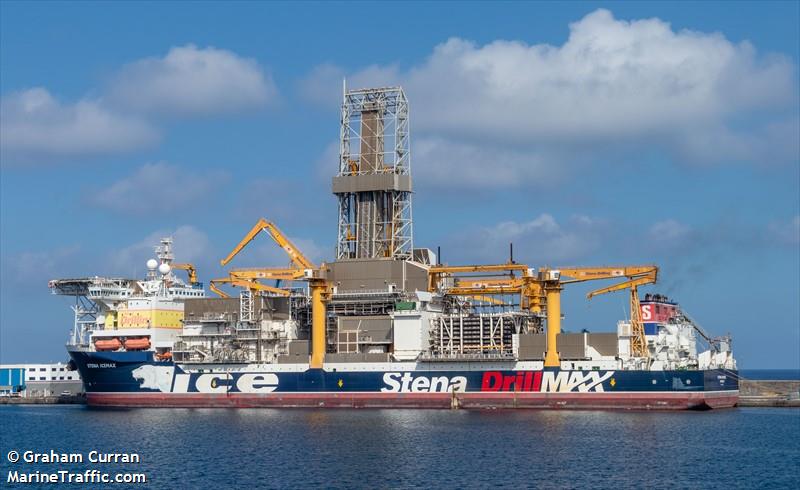
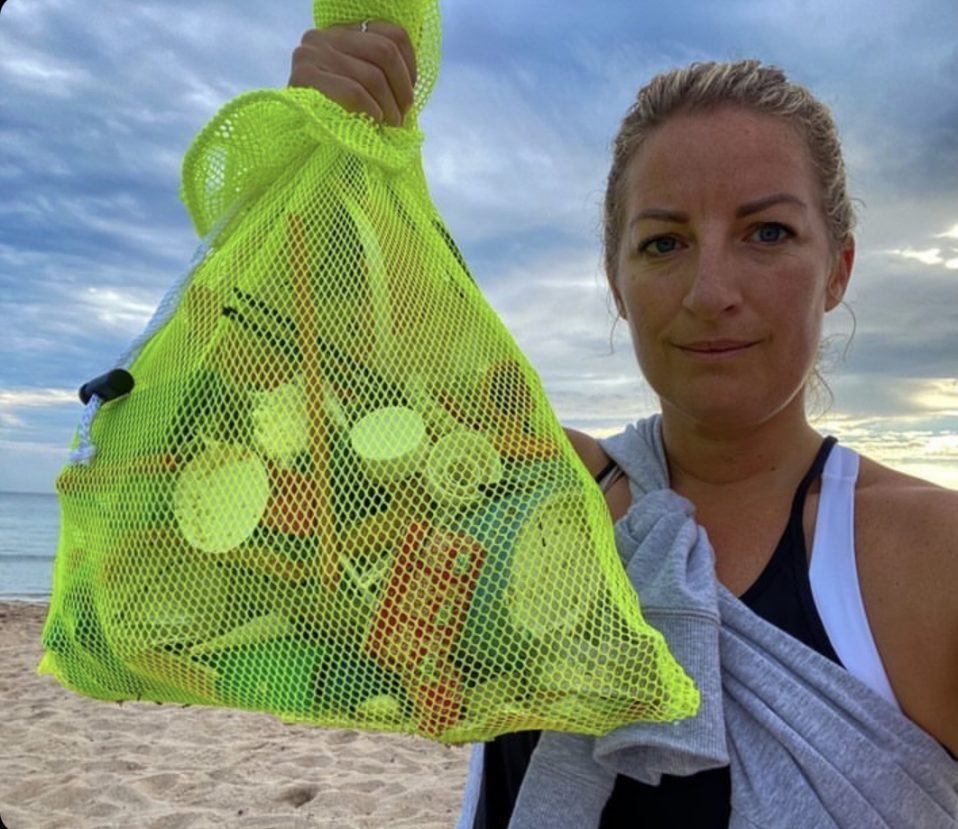


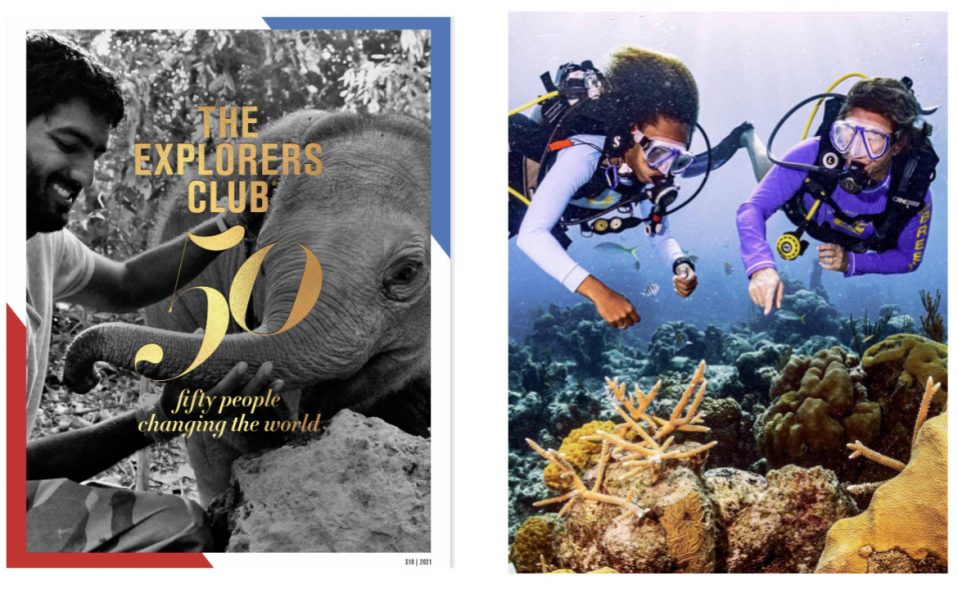
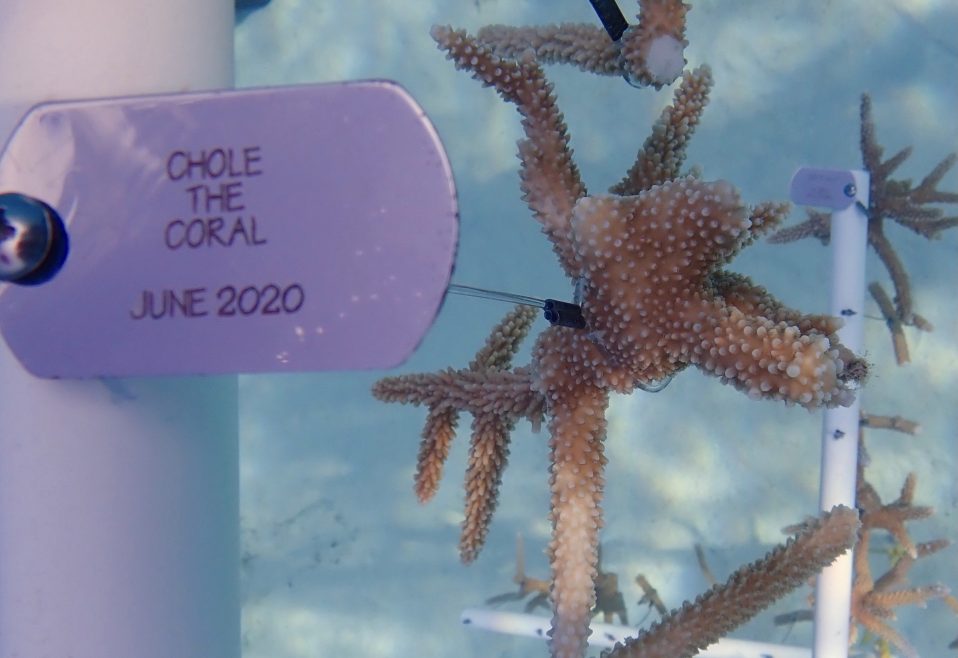



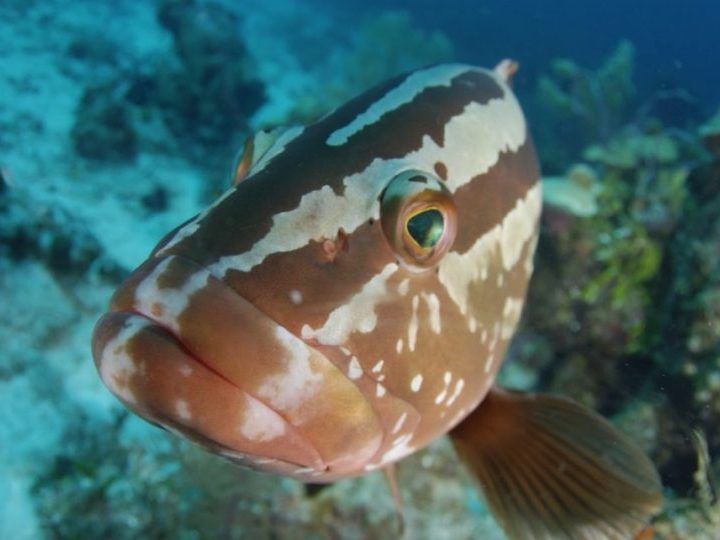

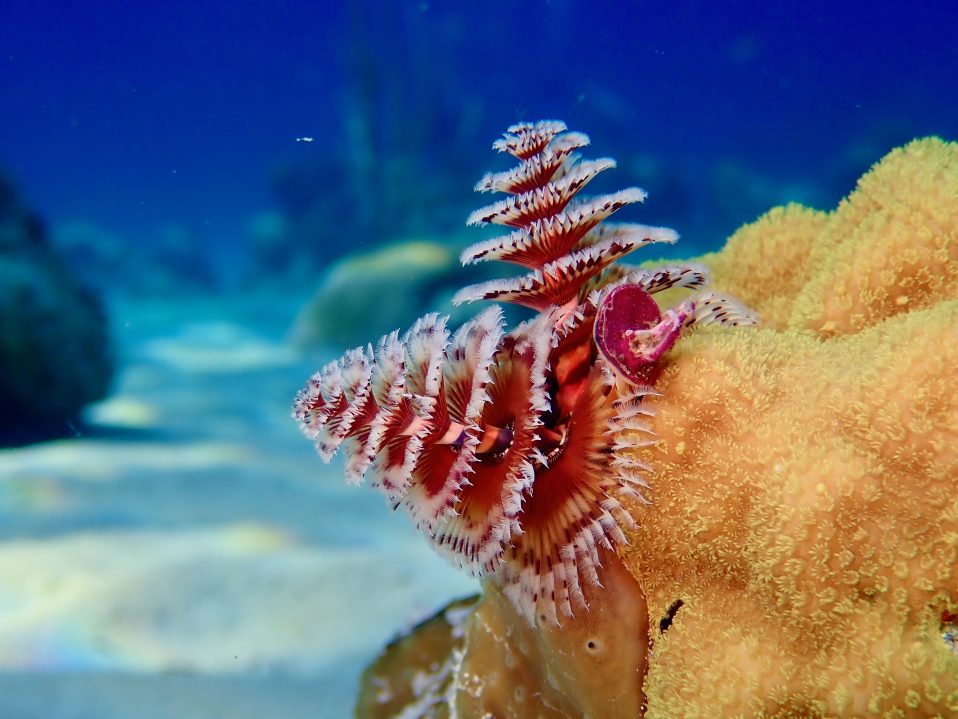

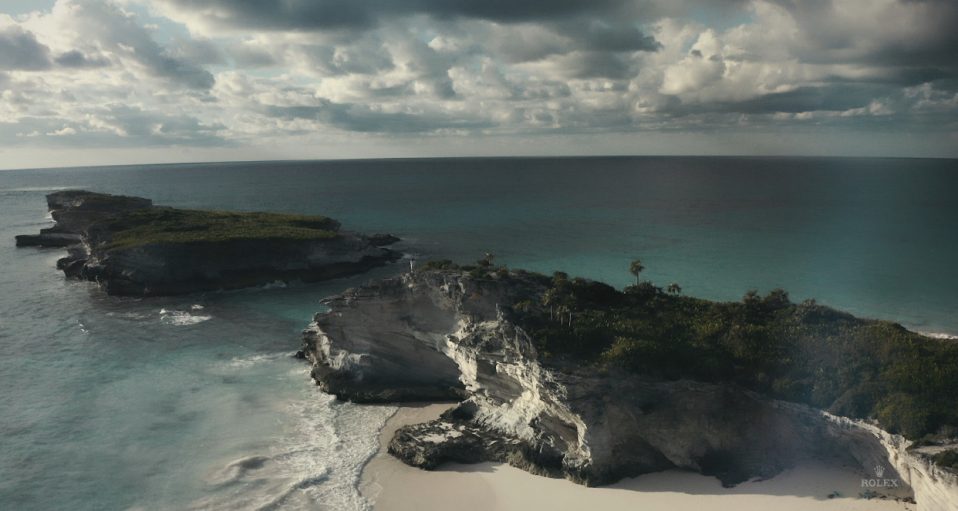





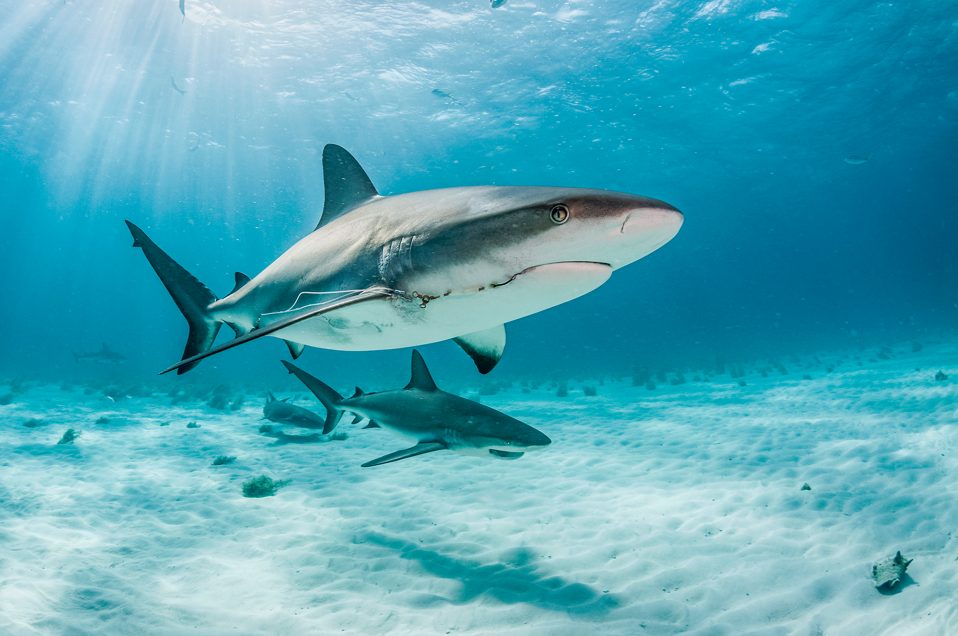
 Sharks and turtles play critical roles in maintaining healthy coral reefs and seagrass beds and in keeping the populations of other species in balance and healthy. Their presence is important for the well-being of our commercial and recreational fisheries. They are also important components of our Bahamian tourism product. The fact that our country is the premier destination in the region to dive and snorkel with large marine life means that The Bahamas is consistently ranked as one of the top dive tourism destinations in the world. Sharks alone bring in at least $114 million/ year in tourism revenue.
Sharks and turtles play critical roles in maintaining healthy coral reefs and seagrass beds and in keeping the populations of other species in balance and healthy. Their presence is important for the well-being of our commercial and recreational fisheries. They are also important components of our Bahamian tourism product. The fact that our country is the premier destination in the region to dive and snorkel with large marine life means that The Bahamas is consistently ranked as one of the top dive tourism destinations in the world. Sharks alone bring in at least $114 million/ year in tourism revenue. There is a need to make good science-based decisions regarding managing the marine environment. Much more research is needed. This must involve a wide variety of people connected with the marine environment in research design and implementation, and in decision-making, including scientists and fishers, incorporating traditional knowledge and experiences into carrying out rigorous scientific studies, and sharing the findings widely.
There is a need to make good science-based decisions regarding managing the marine environment. Much more research is needed. This must involve a wide variety of people connected with the marine environment in research design and implementation, and in decision-making, including scientists and fishers, incorporating traditional knowledge and experiences into carrying out rigorous scientific studies, and sharing the findings widely. 

